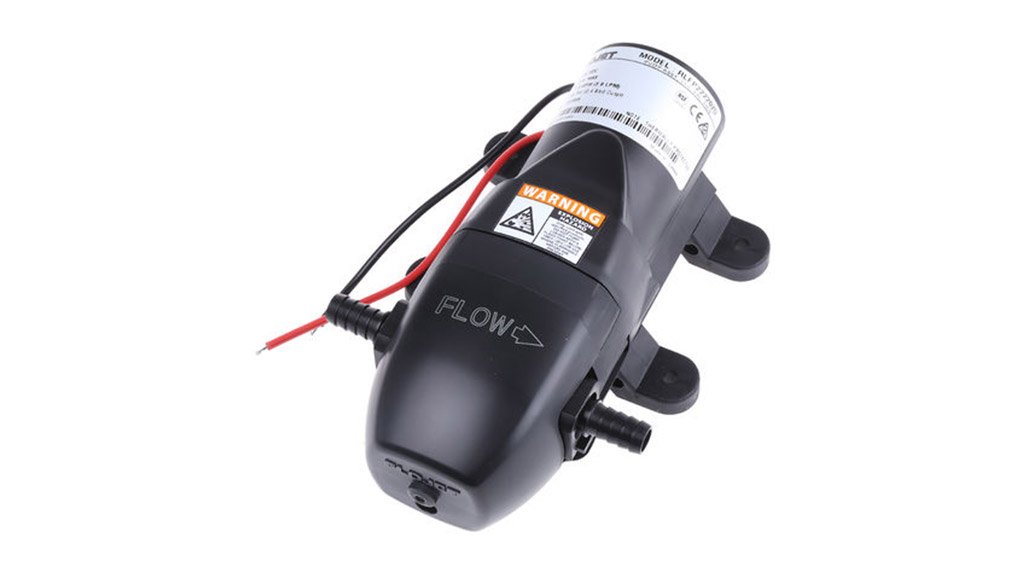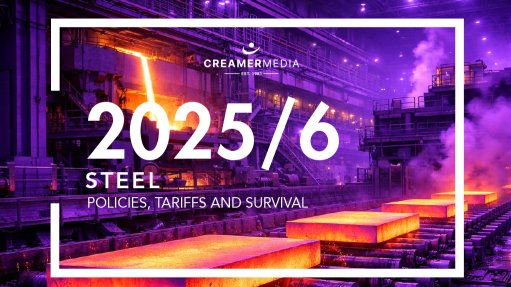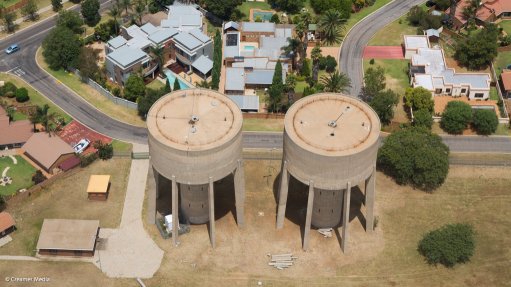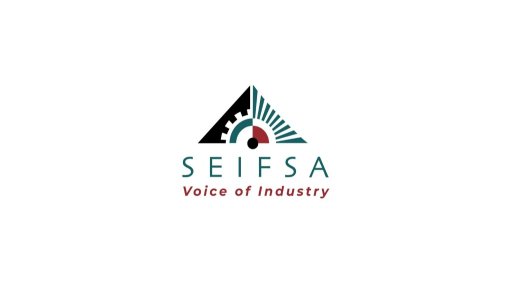Pumps focus shifting from buying to MRO


ITT FLOWJET DIAPHRAGM PUMP One of the 400 pumps and accessories stocked by RS Components
Amid depressed commodity prices and expected increased interest rates, companies and government entities often spend less on capital projects, resulting in fewer new pumps being bought and greater focus on maintenance, repair and operations (MRO), says industrial components supplier RS Components South Africa.
RS therefore believes that companies should re-evaluate MRO costs to increase savings amid sustained depressed economic conditions.
“MRO costs are determined by the various items used in the ongoing maintenance of factories, production lines and process handling equipment. MRO products are defined as products consumed or used in the production process, but are neither central to the company’s output nor part of its end product,” explains RS GM Brian Andrew.
These items include compressors, pumps, valves, gaskets and repair tools, which are often one-off, unplanned or infrequently bought items needed for a specific reason, he adds.
Andrew states that companies need to realise that MRO purchases differ from regular or direct product purchases; thus, a new holistic approach, incorporating procurement, finance, operations and engineering services, is required.
Costs can be saved in sourcing, procuring, stocking and managing the products, he comments, adding that most companies do not focus on MRO costs as they traditionally only account for 20% of the total value of product purchases, not realising that they account for 80% of total processing costs. Companies tend to use the same processes to buy the MRO items as those for the direct products bought,reducing the cost of the item, but overlooking the massive unseen saving opportunity that is available.
Andrew notes that the cost drivers generally overlooked for MRO are based on processing costs, which often involve different suppliers, small orders across different product categories and low order values.
“If you compare all the MRO orders with actual processing costs companies will find an opportunity to reduce costs. Studies conducted by the Manchester Business School alongside RS indicate that for every R1 spent on an MRO product, companies are spending about R2 on processing costs.”
Some of the strategies that can be used to reduce MRO costs include product substitution and standardisation, supplier consolidation, inventory reduction and simplifying processes through process optmisation. Andrew says that the RS Pro private label range, the company’s own brand of pumps and components, can be used for product substitution, as they offer professional quality, guaranteed products at affordable prices.
“We help companies limit their total MRO procurement costs by reducing their number of suppliers, providing them with access to more than 500 000 products from 2 500 global suppliers,” he says, adding that RS can also offer data about and insight into buying behaviour when unplanned purchases have been made. This enables us to work with our customers to make informed decisions to drive the right cost-saving strategies and tactics with their MRO procurement.
Challenging Conditions
Andrew notes that the general slowdown in the global economy has prompted industrial pumps suppliers to shift their focus from selling new pumps to growing their after-sales and repair services.
“Customers are looking for operational efficiency and higher uptime from their equipment. Owing to this, suppliers will need to develop and offer value-added services to retain their existing customers in a retracting market.”
One of the main challenges that manufacturers will have to contend with is the shift to cheaper imports, although there still are opportunities in the African market and the aftermarket services market for South African suppliers, he adds.
Andrew notes that, as the market contracts, suppliers move, and will have to move towards creating partnerships with existing customers, offering additional aftermarket services to optimise profits and efficiencies.
“From a technology perspective, there is a strong drive towards energy efficient designs and solutions. Industrial pumps suppliers are also developing software services that can monitor, analyse and warn customers so that they can do preventive maintenance on existing equipment,” he points out.
Pumps Offering
RS stocks about 400 pumps and accessories of internationally recognised brands such as ITT Lowara, Xylem and Watson Marlow for small-scale industrial applications, including centrifugal, peristaltic and positive displacement pumps.
Andrew says one of RS’s more popular pumps is the ITT Flojet diaphragm electric-operated positive displacement pump. It is suitable for water, as well as light, water-based chemicals, and is used in applications such as chemical spraying, misting and filtration systems.
The pump is also commonly used for water-pumping applications on mobile equipment, for example parts washers, boats, caravans, dosing skids and trolley- mounted equipment. It can also be used for beverage-dispensing applications.
“The ITT Flojet diaphragm pumps can run dry for extended periods, with no damage, even when the liquid supply is exhausted. It has a sealless design, which means it is less likely to leak, and a modular design with plug-in ports for easy installation and servicing,” he explains.
The 5 A unit weighs 720 g and pumps 3.8 ℓ/min at a maximum pressure of 36 psi. It has a 24 V direct current supply voltage, requires 30 W of input power and can pump liquids with temperatures of up to 43 °C.
The ITT Flojet diaphragm electric-operated pump draws low current, can be powered by battery and has built-in thermal protection. It is also self-priming, even when dry.
The pump was developed by US-based customised technology solutions manufacturer ITT Corporation. It is imported from the US by RS Global, of the UK, and then distributed to various countries, including South Africa.
Article Enquiry
Email Article
Save Article
Feedback
To advertise email advertising@creamermedia.co.za or click here
Announcements
What's On
Subscribe to improve your user experience...
Option 1 (equivalent of R125 a month):
Receive a weekly copy of Creamer Media's Engineering News & Mining Weekly magazine
(print copy for those in South Africa and e-magazine for those outside of South Africa)
Receive daily email newsletters
Access to full search results
Access archive of magazine back copies
Access to Projects in Progress
Access to ONE Research Report of your choice in PDF format
Option 2 (equivalent of R375 a month):
All benefits from Option 1
PLUS
Access to Creamer Media's Research Channel Africa for ALL Research Reports, in PDF format, on various industrial and mining sectors
including Electricity; Water; Energy Transition; Hydrogen; Roads, Rail and Ports; Coal; Gold; Platinum; Battery Metals; etc.
Already a subscriber?
Forgotten your password?
Receive weekly copy of Creamer Media's Engineering News & Mining Weekly magazine (print copy for those in South Africa and e-magazine for those outside of South Africa)
➕
Recieve daily email newsletters
➕
Access to full search results
➕
Access archive of magazine back copies
➕
Access to Projects in Progress
➕
Access to ONE Research Report of your choice in PDF format
RESEARCH CHANNEL AFRICA
R4500 (equivalent of R375 a month)
SUBSCRIBEAll benefits from Option 1
➕
Access to Creamer Media's Research Channel Africa for ALL Research Reports on various industrial and mining sectors, in PDF format, including on:
Electricity
➕
Water
➕
Energy Transition
➕
Hydrogen
➕
Roads, Rail and Ports
➕
Coal
➕
Gold
➕
Platinum
➕
Battery Metals
➕
etc.
Receive all benefits from Option 1 or Option 2 delivered to numerous people at your company
➕
Multiple User names and Passwords for simultaneous log-ins
➕
Intranet integration access to all in your organisation



















